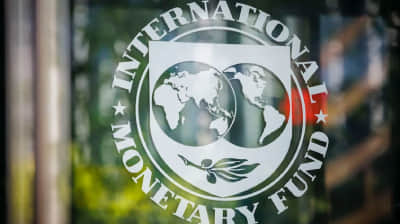Black Sea Grain Initiative extended by 4 months
An agreement has been reached to extend the operation of the so-called "grain corridor" [as part of the Black Sea Grain Initiative - ed.]. This will allow Ukrainian foodstuffs to be exported from three Black Sea ports for another 120 days.
Source: Oleksii Kubrakov, Minister of Infrastructure of Ukraine, on Facebook
Details: Kubrakov added that the UN and Türkiye will continue to act as the guarantors of the agreement.
He additionally reported that Ukraine has officially appealed to its Grain Initiative partners with an offer to extend the Black Sea Grain Initiative by at least another year and to include the port of Mykolaiv. "We are awaiting their response," Kubrakov said.
The minister stressed the importance of ensuring the effective work of the Joint Coordination Centre, and said that Ukraine has made its proposals in order to resolve existing issues.
"We must ensure the export capacity of our ports is fully used in order to be able to supply the world with the necessary volumes of foodstuffs in a timely manner," the minister summed up.
No other details on the conditions for the further work of the initiative have yet been reported.
Previously:
- The grain agreement was signed on 22 July 2022 in Istanbul and is valid for 120 days from the date of signing until 19 November 2022. It provides for the unblocking of the three sea ports of Odesa, Chornomorsk, and Yuzhnyi for the export of Ukrainian grain. The agreement can be automatically extended if neither side decides to terminate it.
- In exchange for extending the grain deal, Russia will be able to use a pipeline that transports ammonia through Ukrainian-controlled territory before reaching a port near Odesa.
- Back in September, it was reported that the UN was pressing Kyiv to agree to a deal on chemical exports through the Black Sea in a bid to ease global fertiliser prices and solidify Vladimir Putin's commitment to the current shipment agreement on grain.
- Then Ukrainian President Volodymyr Zelenskyy said he would only back the idea of reopening Russian ammonia exports through Ukraine if Moscow handed back prisoners of war (POWs). Since then, the Ukrainian side has not commented on the negotiations, and no agreements have been reached.
- Russia has constantly been trying to disrupt the grain deal and "withdrew" from the initiative in late October. Although the Russians soon returned to the grain initiative, the number of vessel inspections dropped to 8-9 per day, although when carried out by UN and Turkish inspectors, the number of inspections reached 46 per day.
Journalists fight on their own frontline. Support Ukrainska Pravda or become our patron!





